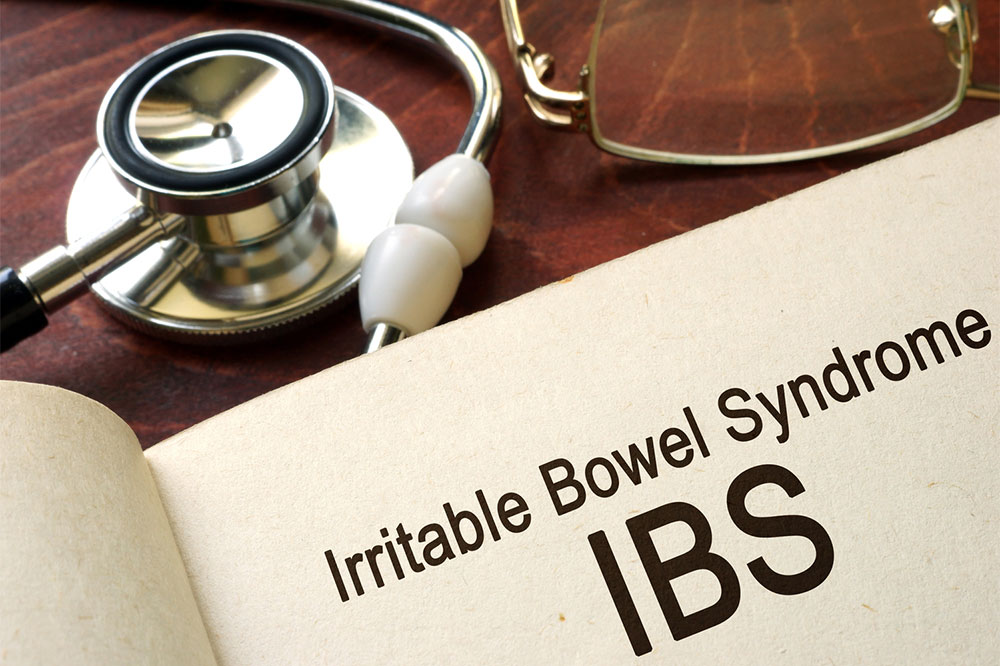Comprehensive Guide to Managing and Understanding Irritable Bowel Syndrome (IBS)
This comprehensive article offers an in-depth understanding of Irritable Bowel Syndrome (IBS), covering its causes, symptoms, triggers, and effective management strategies. Learn how lifestyle changes, diet, and medical support can help control this common but often misunderstood gastrointestinal disorder, improving quality of life for those affected. Perfect for patients seeking detailed information and practical advice on dealing with IBS effectively.

In-Depth Explanation of Irritable Bowel Syndrome (IBS) and Effective Management Strategies
Irritable Bowel Syndrome (IBS) is one of the most common gastrointestinal disorders affecting millions of people worldwide. Despite its prevalence, many remain unaware of its nature, causes, and the most effective ways to manage its symptoms. This condition primarily impacts the large intestine, also known as the colon, leading to a range of discomforts that can significantly interfere with daily life. Though IBS is not considered life-threatening, it is a chronic disorder that often requires ongoing treatment, lifestyle adjustments, and sometimes medication to control symptoms effectively.
Understanding IBS is essential for those affected by it. The disorder is characterized by a group of symptoms that can include abdominal pain, cramping, bloating, diarrhea, constipation, and sometimes nausea. The symptoms can fluctuate in severity, appearing suddenly and then improving, making it a perplexing and frustrating condition for sufferers. Proper diagnosis and management are crucial in maintaining a good quality of life, as untreated IBS can lead to complications such as nutritional deficiencies or emotional distress.
The prevalence of IBS is notably higher among women, attributed to hormonal fluctuations, increased stress levels, and periodic cycles that influence gut function. These factors can make symptoms more intense or frequent during certain times, such as menstruation. Recognizing these patterns and adopting tailored lifestyle strategies can significantly help in managing the disorder effectively.
Causes of Irritable Bowel Syndrome
Muscle contractions: Abnormal or overly active contractions of the intestinal muscles can cause excessive gas, bloating, and irregular bowel movements, including diarrhea.
Nerve disturbances: Disrupted communication between the autonomic nervous system and the gut muscles can lead to abnormal sensations, pain, or altered bowel habits.
Infections: Certain gastrointestinal infections or pre-existing intestinal infections might trigger or exacerbate IBS symptoms in some individuals.
Many triggers can worsen IBS symptoms, and identifying personal triggers is vital for effective management. Common aggravating factors include:
Stress: Psychological stress has a direct impact on gut motility and sensitivity, often intensifying symptoms during stressful periods.
Hormonal fluctuations: Changes in hormonal levels, especially in women during menstrual cycles, can lead to increased bowel irregularities.
Dietary factors: Consumption of certain foods such as dairy products, wheat, cabbage, beans, and artificially sweetened products can trigger or worsen IBS symptoms.
Signs and Symptoms of IBS
The clinical presentation of IBS varies widely but typically includes persistent or recurrent lower abdominal pain, cramping, abnormal bowel habits (either diarrhea, constipation, or mixed), and bloating. Some individuals report food intolerances, nausea, or an urgent need to defecate. The syndrome's unpredictable nature means that it can significantly impact emotional wellbeing and day-to-day functioning.
Effective Strategies to Manage IBS
While there is currently no cure for IBS, many patients successfully manage their symptoms through comprehensive lifestyle modifications. These include adopting a high-fiber, balanced diet, engaging in regular physical activity, ensuring adequate hydration, and getting sufficient sleep. Stress management techniques such as mindfulness, meditation, or therapy can reduce symptom severity. In some cases, medication may be prescribed to control specific issues such as diarrhea, constipation, or pain. Working closely with healthcare professionals to develop a tailored treatment plan is essential for symptom relief and improving overall quality of life.
Recognizing personal triggers, maintaining a symptom diary, and adopting a consistent routine can make a significant difference. Additionally, avoiding known dietary triggers and practicing stress reduction can help prevent flare-ups. Education about the disorder and support from healthcare providers, family, and support groups can empower individuals to handle their condition more effectively.
In conclusion, irritable bowel syndrome is a complex disorder that demands a comprehensive and personalized approach. Awareness of its underlying causes, triggers, and management strategies can lead to better symptom control and an improved lifestyle for those affected. Advances in research continue to provide new insights, offering hope for more effective treatments in the future.





